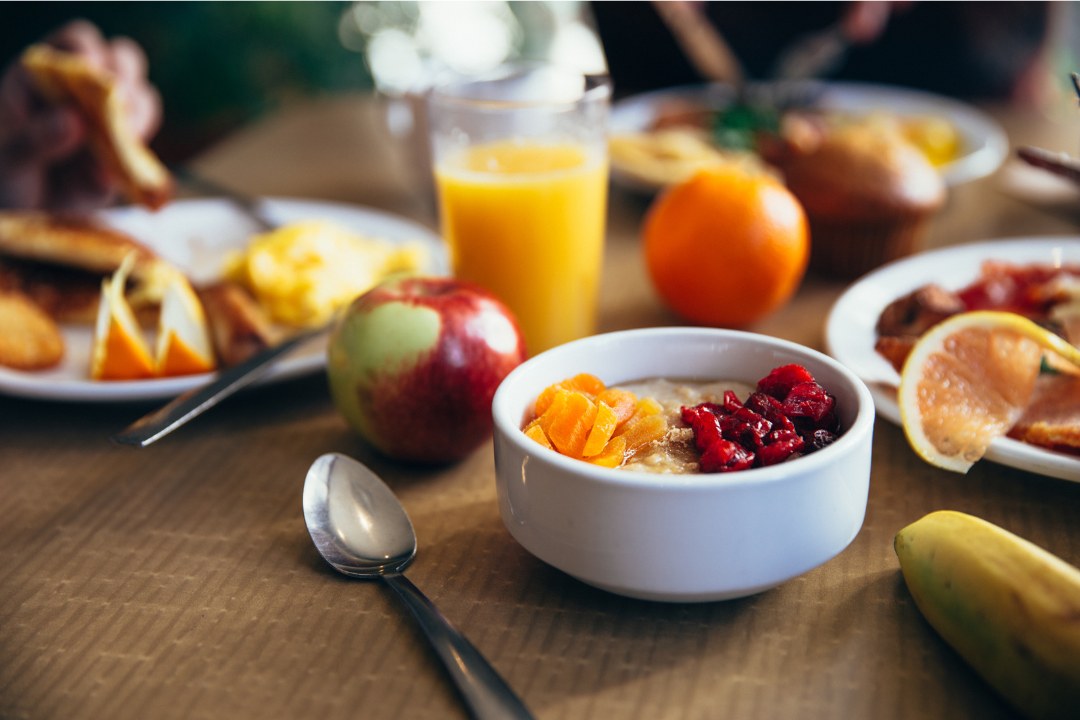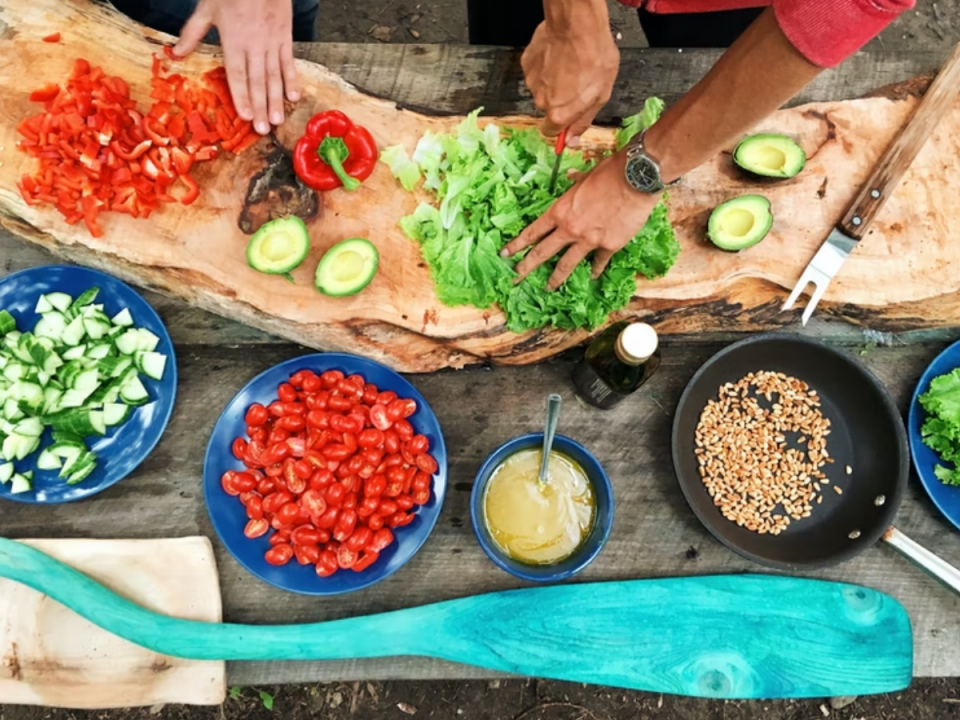Men’s Health Week (June 13–19) is a chance to bring attention to health problems that affect men more than women. It’s also a chance for men to learn about problems they may have or could have and get the courage to do something about them.
According to the U.S. Centers for Disease Control and Prevention, men die on average five years earlier than women because they are more likely to die from heart disease, cancer, and lung diseases. There are many other biological, social, and behavioral factors, like smoking, aggression, diet, and lack of exercise, that make men’s health risks higher than those of women.
Men should take care of their lifestyle as they age to avoid getting these long-term diseases.
“As one ages, the lean muscle mass gets gradually replaced by fat. As the body composition shifts towards more body fat, calorie requirements decline. And that’s the reason, if you continue with the same eating pattern in your 40s as you did in your 20s, you will most likely gain weight, belly fat and lose muscles,” Dr. Meghana Pasi, Nutrition Consultant for the MyThali program at ArogyaWorld, said that In an interview with HT Digital.
Men are more likely to get diseases that don’t spread from person to person if they don’t take care of their health. Diabetes, high blood pressure, heart disease, and cancer can all be caused by a bad diet, being inactive, and smoking. According to the NFHS 5 report, 15.6% of men have high or very high blood sugar, while only 13.5% of women do. Also, 24.0% of men have high blood pressure, while only 21.0% of women do. Compared to women, men also have a higher rate of lung and prostate cancer, colon and rectal cancer, depression, and suicide.
Dr. Meghana Pasi talks about nutrition hacks that can help men stay fit and healthy for life.
Table of Contents
Include a source of protein with each meal
Proteins not only build your muscles, but they also help your body make antibodies that boost your immunity. They also help your body make serotonin, which makes you feel good and calms you down when you’re stressed. Remember that you need between 0.8 and 1 g of protein per kg of body weight.
Fruits and vegetables
Eat between 5 and 7 servings of fruits and vegetables every day. Fruits and vegetables are full of vitamins C, E, and A, which are antioxidants that stop cell damage. They also have fiber, which keeps the gut healthy and lowers bad cholesterol.
Portion control
Serve yourself small amounts of foods that are high in calories and big amounts of healthy foods like vegetables, salads, and soups. High-calorie foods are full of sugar, fats, and salt, like pastries, burgers, samosas, and mithais. If you do this often, you might gain weight. So, if you want to eat them, eat only small amounts.

Healthy snacks
Healthy snacks include sprouts, nuts, boiled chana, mung, makhanas, roasted peanuts, and other similar foods. A healthy snack between lunch and dinner keeps you going for a long time and keeps you from eating too much at lunch or dinner. These snacks are a good source of both energy and protein.
Cut down on salt
Don’t eat more than 5 grams of salt per day. There is a lot of sodium in processed, packaged, and bakery foods, which can raise blood pressure and cause heart diseases.
Milk and products made from milk
If you don’t like milk but want strong bones and teeth, add flavor to your milk and dairy (lassi, smoothies, milkshakes, etc.). Include at least 300 ml of milk or milk products every day, such as curd, raita, lassi, buttermilk, paneer, or others.
“To conclude, I would recommend having a balanced meal which includes all food groups in the right portions so that you get all essential nutrients. Also remember, listen to your body, eat mindfully, and exercise regularly,” add Dr. Pasi.
